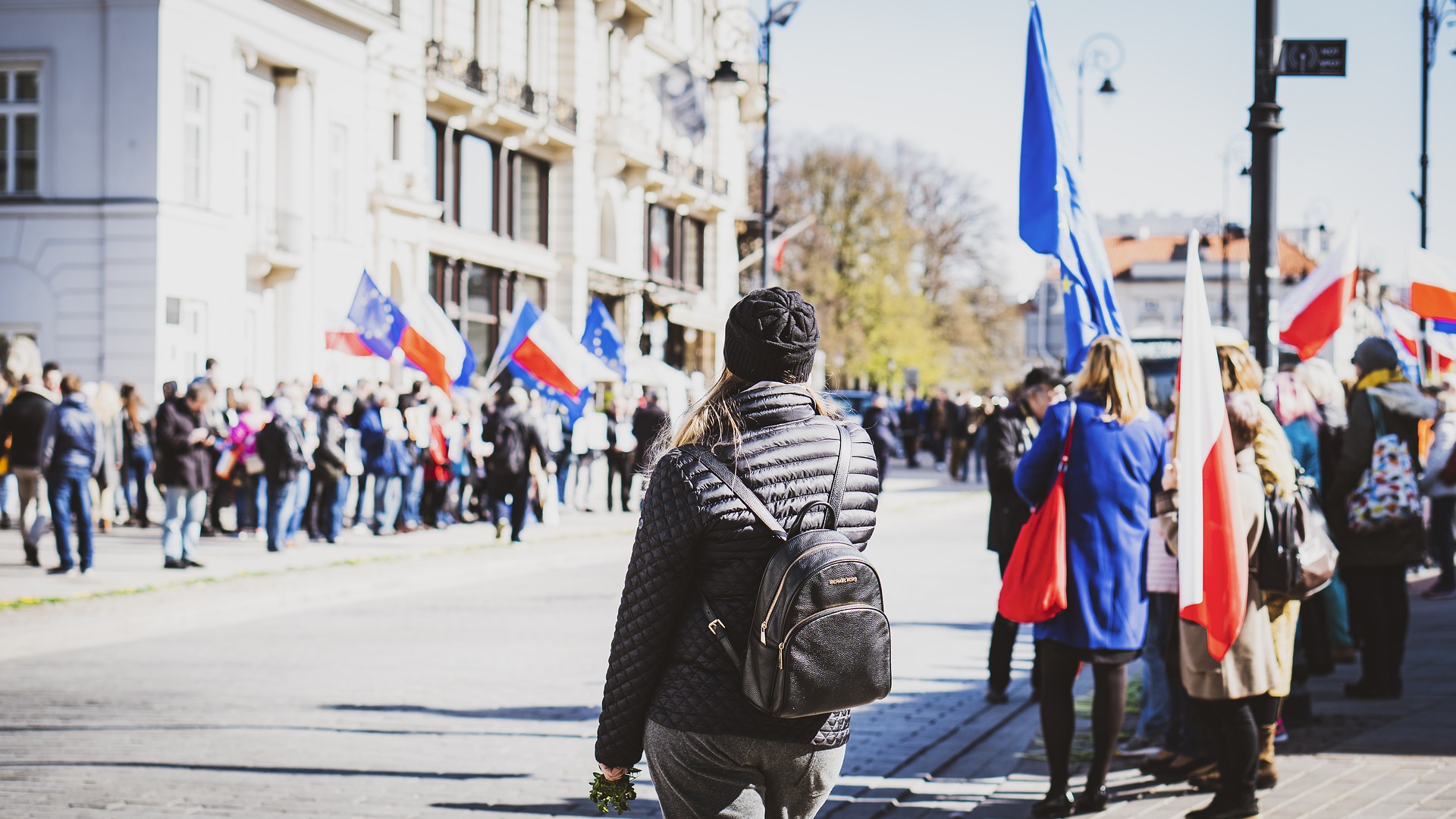2019-05-02
FOR Communication 19/2019: Poles vote with their feet for economic freedom
 Poles have been emigrating to the West since the 18th century in search of more extensive opportunities for self-fulfillment, which not only creates the prosperity of the local societies, but also, usually, a greater degree of freedom. After Poland's accession to the European Union, those who left chose some of the most economically free countries in Europe and the world - Great Britain, Germany, Ireland and the Netherlands.
Poles have been emigrating to the West since the 18th century in search of more extensive opportunities for self-fulfillment, which not only creates the prosperity of the local societies, but also, usually, a greater degree of freedom. After Poland's accession to the European Union, those who left chose some of the most economically free countries in Europe and the world - Great Britain, Germany, Ireland and the Netherlands.
- Migration towards countries with a greater degree of economic freedom occurs throughout the world. Between 2010 and 2015, as many as four times more immigrants settled in countries with a greater degree of economic freedom than the country of origin than the other way round. In the past 20 years, this dependency has been even stronger.
- Immigrants settle in countries with greater economic freedom for two reasons. Firstly, countries with a greater degree of economic freedom are usually richer, allowing immigrants to live a more prosperous life.
- Higher economic freedom leads to faster economic growth and prosperity. Secondly, it is easier for immigrants to find work in less regulated economies. Restrictive labour regulations that hinder young people from finding a job make it equally difficult for immigrants, who often have less language skills and difficulties in proving the value of their qualifications acquired in their country of origin, to find a job.
- Obviously, economic freedom does not exhaust the list of determinants of migration, such as GDP per capita, geographical, linguistic and cultural distance, or existing migration network.
- Today, Poland itself has become a country that creates conditions for the development for immigrants from Ukraine and Belarus. However, Poles will continue to emigrate until we close the development gap with richer neighbours in the West. A greater degree of economic freedom will help to achieve this.
Author:
Rafał Trzeciakowski, economist
[email protected]

